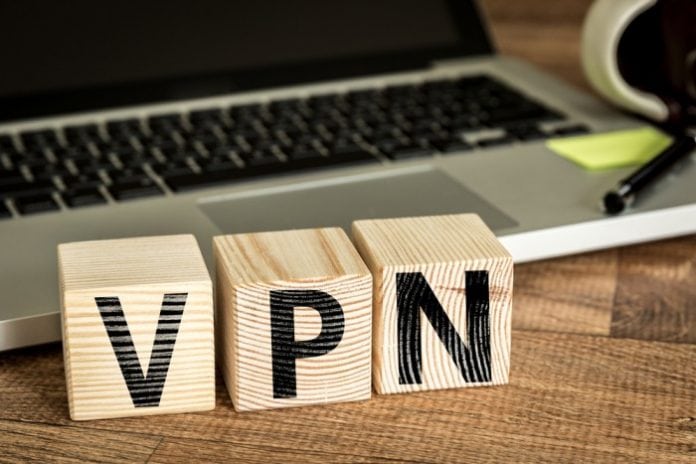A virtual private network, aka VPN, is a crucial instrument when it comes to people who love to hang out at their favorite places, are fond of using the internet and are frequent travelers. Many VPN service dealers provide paid services to their customers. Well, we don’t recommend it when it comes to buying premium services. Meaning, why pay for a premium plan when you can create your own VPN server at home?
Deciding when to set up your Private Network Uploading Bandwidth is a very necessary consideration. If it’s high on your list of priorities then you can start your DIY VPN network. But if it’s low, then we would suggest having a paid virtual private network.
VPN Router Is a Must!
Do not start things from scratch. You can simply just change from the old browser with a new model that has all the built-in VPN potential. After the process of buying and setting the router up, the configuration of a virtual private network is the next thing on your plate. By using a web interface anyone can configure the VPN server and activate it.
Router Has Compatibility with Third-Party Firmware
Usually, old routers do not have useful firmware. Therefore, attaining a custom router firmware which can be installed to make it VPN compatible is an easy solution.
If your router already supports OpenWrt and DD-WRT- third party firmware then all you need to do next is flash your router with the firmware of your choice for some additional features.
Build a Server from Scratch
Make sure you do not switch off your computer. Another way to set up a VPN is by operating one of your machines as a host of a VPN server software or you can use any of your personal devices such as a Rasberry Pi, which can come in handy. You can convert it into a multi-purpose server as well. Install some additional server software on it and its ready.
Installing OpenVPN can also be done by an individual. It is a VPN server which is competent and widely used. OpenVPNs are compatible with every platform such as Android, iOS, MacOS, Windows and Linux. It is needed in order to forward the right ports from your router to the device hosting the server software.
Experts do not recommend Windows and Apple to host a VPN as they are not competent enough to offer a better security than others.
Hybridization in VPN
Another method to set up VPN at home comes under DIY/Paid VPN i.e. funding a VPN service provider to host your VPN server.
The service you will get from the VPN providers like those found at Topvpnchoice.com is “service hosting”. It is one of the best methods which will definitely cost less than any regular premium service because you are only paying for the server hosting, nothing else.
Things to keep in mind when securing your Internet
1. Homemade or Paid
The most basic rule of a secure VPN is to use a homemade one or purchase one. The free services are open to more risks.
2. Passwords and Key Files
Enable the maximum security for your homemade VPN so that unauthorized people cannot access it. Yes, a strong password is among one of our tips but also consider using an OpenVPN server that has a strong key file. Strong key files are basically required for connections to secure the authentication process.
3. Steer Clear of Free Proxies
Free proxies welcome online security vulnerabilities because they can be used as a backdoor into your homemade VPN appliance by any person who wants to collect your data. Also, create a secure connection between your VPN nodes; this will help in securing the connection.
4. Secure Websites
A lock symbol on the URL of your website when browsing shows that the website is safe. SSL is an abbreviated term for Secure Sockets Layer, and means the website is secure. The URL would show on the screen like this
An unsafe website would look like this-
Find a Home-Based Business to Start-Up >>> Hundreds of Business Listings.

















































